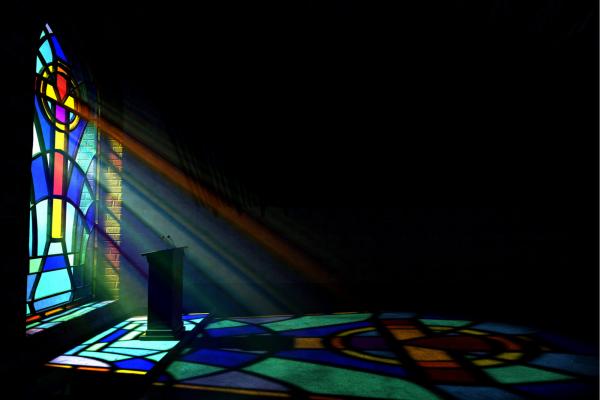It’s my prayer that the loudest voice in the room will become the voice of sanity. That the voice is a collective voice that can only come from a gathering of people humbled before God’s love and not from a Facebook post gone viral. This is the greatest hope we have, that we are not alone and we can face each other with dignity and respect. This way of thinking shifts the focus of our faith from internal to external, from institutional to missional. To borrow from Dr. King, none of us know what will happen to us, but we’ve been to the mountaintop and seen what’s around the bend. It is costly grace that will lead us home, into the very heart of God in which we all dwell together. Cheap grace will divide us as the lure of acceptance without repentance turns us inward to only forgive and to sanction what is most familiar while rejecting those whom are cast outside our circle of care.
Read the Full Article

